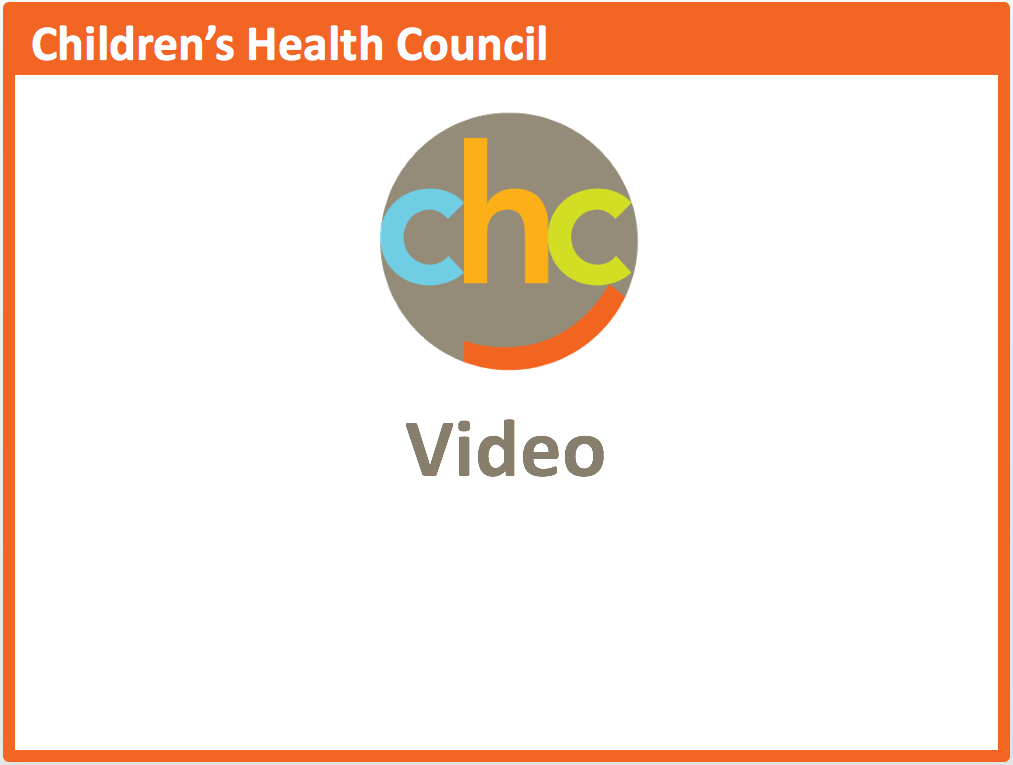 In its simplest definition, dyslexia is a developmental learning disorder that makes it difficult to read and write. Though it’s typically diagnosed in childhood, symptoms can go unrecognized until later in life and extend well beyond letter mixups.
In its simplest definition, dyslexia is a developmental learning disorder that makes it difficult to read and write. Though it’s typically diagnosed in childhood, symptoms can go unrecognized until later in life and extend well beyond letter mixups.
The signs of dyslexia in adults often mimic the signs of dyslexia in children. However, adults typically have a more robust toolbox of tactics to cope with those challenges.
“Because adults have experienced dyslexia for a longer period—and may have developed compensatory strategies—they may rely on slightly different brain mechanisms for reading processes than children with dyslexia,” says Young-Suk Kim, professor and senior associate dean at the University of California, Irvine School of Education.
By the time a person with dyslexia enters adulthood, they often don’t enjoy reading for fun. And reading and writing related tasks may cause more anxiety and stress compared to other job responsibilities. “These experiences are strongly impacted by early struggles with reading, as well as by the growing complexity of what they’re asked to comprehend and synthesize from what they’ve read,” says Andrew Kahn, Psy.D., a psychology and learning subject matter expert at Understood.
How Does Dyslexia Affect Adults?
Whether it’s writing a shopping list, reading through that list at the store, helping kids with homework or responding to work emails, dyslexia affects adults every day.
“Given that reading and writing are an essential part of our daily lives and most workplaces, dyslexia impacts nearly all aspects of life,” says Kim.
While adults with dyslexia frequently face reminders of the painful challenges they experienced as children, they often have a greater ability to see the bigger picture, says Mannis. “Adults are able to bring perspective and the ability to regulate strong feelings in ways that kids often can’t,” she says, “so they can handle the demands of facing challenges with the recognition that they possess other skills that can help them face these new demands with success.”
What Are Symptoms of Dyslexia in Adults?
Dyslexia symptoms in adults are often a result of challenges with grammar and spelling, reading comprehension, reading fluency, sentence structure and in-depth writing.
Adults with dyslexia may exhibit the following traits or symptoms, according to experts:
- A family history of learning problems, including dyslexia
- An early history of delayed speaking, reading or writing
- Slow reading speed and/or trouble including small words and parts of longer words when reading out loud
- A hard time remembering abbreviations
- Difficulty comprehending or retaining information they read
- A tendency to avoid reading, both out loud and to themselves
- Frustration when reading to themselves or out loud
- Low self-esteem toward reading and writing
- A preference to answer questions if content is read aloud to them, rather than if they have to read the text themselves
- Difficulty performing everyday activities—including social interaction, memory and stress management—due to frustration and anxiety caused by dyslexia
- Difficulty with handwriting or using a keyboard (dysgraphia) or difficulty with math (dyscalculia)
- Attention deficit hyperactivity disorder (ADHD)
- Feelings of guilt associated with avoiding reading in front of or to their children
Adults who suspect they may have dyslexia should reach out to a professional as soon as possible.
Excerpted from “Signs And Symptoms Of Dyslexia In Adults” in Forbes Magazine. Read the full article online.
Source: Forbes Magazine | Signs And Symptoms Of Dyslexia In Adults, https://www.forbes.com/health/mind/signs-of-dyslexia-in-adults | © 2022 Forbes Media LLC
The Schwab Learning Center at CHC helps college and high school students with diverse learning challenges succeed in all areas of their lives. Register for support with a learning specialist at the Schwab Learning Center at CHC.



